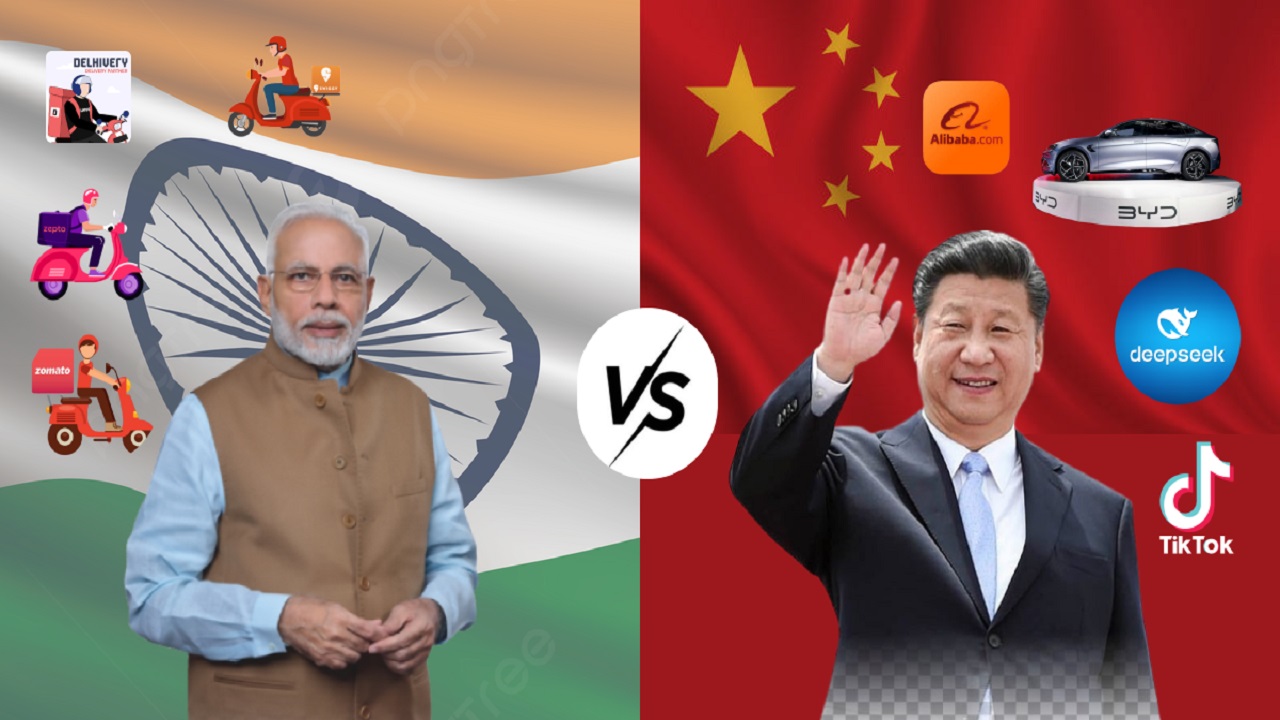Classical languages
Context: The Union Cabinet has approved classical language status for Marathi, Pali, Prakrit, Assamese, and Bengali.
- The key states involved are Maharashtra (for Marathi), Bihar, Uttar Pradesh, and Madhya Pradesh (for Pali and Prakrit), West Bengal (for Bengali), and Assam (for Assamese). The impact will be felt both nationally and internationally in cultural and academic fields.
- Recognizing these languages as classical will create significant job opportunities, especially in academia and research.
- Furthermore, preserving, documenting, and digitizing ancient texts in these languages will lead to jobs in archiving, translation, publishing, and digital media.
Recognition as classical language
- On October 12, 2004, the government of India decided to create a new category of languages as “classical languages”, declared Tamil a classical language and set criteria for according the status.
The criteria were:
- High antiquity of its early texts or recorded history over a thousand years
- A body of ancient literature or texts which is considered a valuable heritage by generations of speakers
- Literary tradition must be original and not borrowed from another speech community.
- A Linguistic Experts Committee (LEC) was constituted under Sahitya Akademi by the Ministry of Culture in November 2004 to examine the proposed languages for the classical language status. The criteria were revised in November 2005.
Constitutional provisions related to languages
Eighth Schedule:
- Objective: Promote Hindi and enrich Indian languages.
- Article 344(1): Calls for a commission, every five years, to ensure the progressive use of Hindi for official purposes.
- Article 351: Mandates the Union to promote Hindi as a medium of expression for India’s composite culture.
- Languages: Initially 14 languages were included, now 22, including Assamese, Bengali, Gujarati, Hindi, Kannada, and others.
Language of the Union:
- Article 120: Governs the language used in Parliament.
- Article 210: Applies similar rules for State Legislatures.
- Article 343: Declares Hindi in Devanagari script as the official Union language.
Regional Languages:
- Article 345: States can adopt any official language.
- Article 346: Defines language for communication between states and with the Union.
- Article 347: Allows the President to recognize a language spoken by a section of a state’s population.




Comments (0)